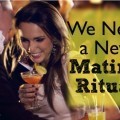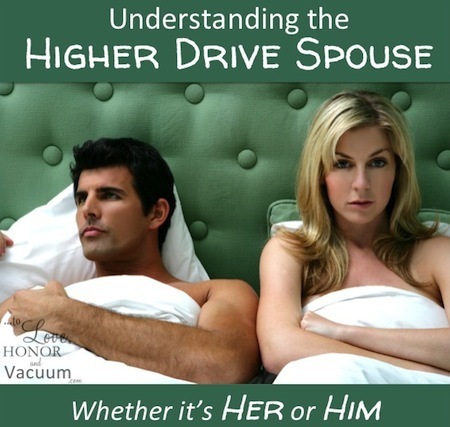A Little Higher Than the Squirrels
 Squirrels are nature’s little speedbumps, my daughter likes to say.
Squirrels are nature’s little speedbumps, my daughter likes to say.This time of year it’s a pretty apt description, with all the plump squirrels scampering to and fro fervently collecting food for the winter. They’re bulking up, so they’re a tad slower when cars rush by.
A few farmers have told me recently that we should be paying closer attention to these hyperactive rodents. They seem to be gathering more than usual, signalling that we’re in for a bad winter. Animals, you see, operate on instinct. They know when it’s time to gather, and when it’s time to sleep, or mate, or fight. It’s all hardwired.
That’s why animals are mostly concerned with the here and now.
Their goal in life—in as much as they’re able to make goals—is to get all their physical needs met. And by and large, they instinctually know how to do that.
People, on the other hand, have to be taught. Then, even when we are taught, we have the capacity to refuse. We can act in ways diametrically opposed to our well-being. We can be stupid. We can be selfish. We can even be noble, something most animals, with the exception of a few dogs, aren’t able to do. That’s what makes us essentially human: we have a choice. And because of that, we have the capacity to actually be good and to choose to do what’s right.
So let’s do a thought experiment. When you sit with your mother who has Alzheimer’s, even when she can’t recognize you, are you closer to a human or a reptile? On the other hand, when you leave your baby with a baby-sitter you hardly know so you can party at the bar, are you closer to a chimp or to Mother Teresa? When you stick with your marriage vows, even during the rocky times, I think you’re being human. When you have an affair because you feel like it, and betray your kids and your spouse in the process, you’re being a lizard, a rhino, or a baboon.
When we decide that our lives are all about our appetites—eating more and better food, getting more and better sex, having more and more fun—are we not becoming mere animals?
There’s nothing wrong with the fun things in life, of course, but if we deliberately ignore our responsibilities, or betray our commitments, in order to get those appetites filled, then the character of humanity isn’t advancing. We’re regressing.
A few centuries ago people had to work hard in order to survive. The rock fences that dot the countryside in my native Ontario hometown are standing monuments to the effort that farmers of old had to put in to clear their fields just to be able to plant. You worked, or you did not eat.
Today we have the freedom to be far lazier and far more self-centred than people did when work was a necessity to life. Our basic needs are much more easily met. And yet that also means that we have the opportunity to be even more human. When we choose to do what is right, to work with integrity, or to honour our commitments, even when we don’t have to, then we grow as people.
Unfortunately, I’m not sure those kinds of decisions are really honoured. Our society celebrates lavish lifestyles and the baser instincts rather than integrity, responsibility, and generosity. Too often we’re just living for the moment and doing what makes us feel good, rather than thinking about our character. In so doing, I think we’re losing what makes us human. We are, after all, a little higher than the squirrels. It’s time we remembered that, before life runs us over.

The post A Little Higher Than the Squirrels appeared first on To Love, Honor and Vacuum.
Related posts on To Love, Honor and Vacuum:
 We Need a New Mating Ritual
We Need a New Mating Ritual The Good, the Noble, and the Heroic
The Good, the Noble, and the Heroic Wifey Wednesday: Understanding the Higher Drive Spouse: Bread or Tomatoes?
Wifey Wednesday: Understanding the Higher Drive Spouse: Bread or Tomatoes?






